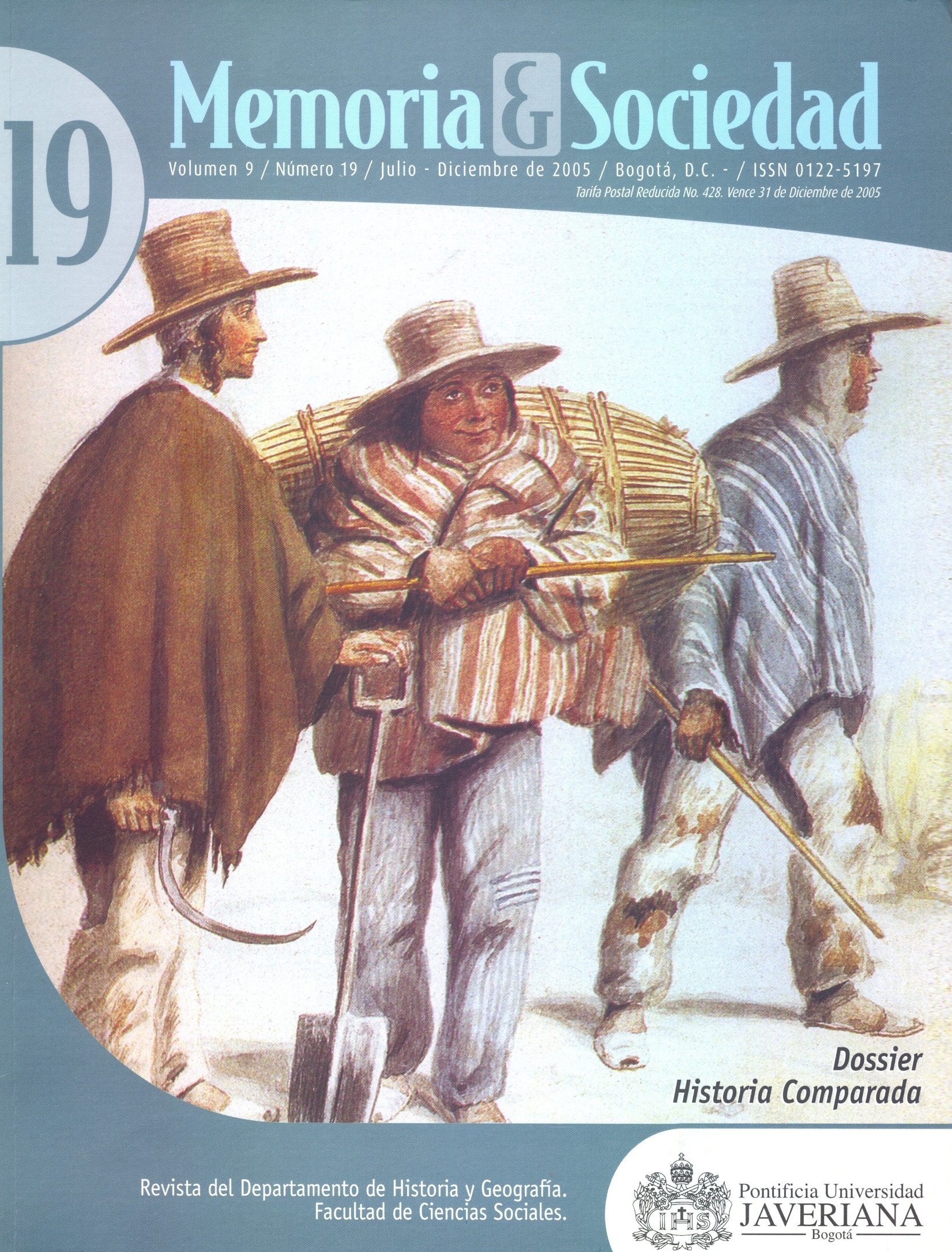Abstract
This article centers its analysis of the hispanicism as a tendency that in different levels was articulated with Colombia and México national projects during the period among 1886 to 1921. Even though, it shows how in the Colombian case that joint managed to consolidate a traditional conservative cultural project whose referring were taken from the Hispanic tradition. In contrast, in México, after the revolution victory, the relative acceptance that hispanicism have had under the "porfiriato" period was radically denied placing instead a national reborn under the values from one of the principal actors of the revolutionary process, The People. The centrality of popular culture and the interpretations that was made by intellectuals and artists sponsored by the State Consolidated a cultural nationalistic revolutionary project.The journal Memoria y Sociedad is registered under a Creative Commons Attribution 4.0 International Public License. Thus, this work may be reproduced, distributed, and publicly shared in digital format, as long as the names of the authors and Pontificia Universidad Javeriana are acknowledged. Others are allowed to quote, adapt, transform, auto-archive, republish, and create based on this material, for any purpose (even commercial ones), provided the authorship is duly acknowledged, a link to the original work is provided, and it is specified if changes have been made. Pontificia Universidad Javeriana does not hold the rights of published works and the authors are solely responsible for the contents of their works; they keep the moral, intellectual, privacy, and publicity rights.
Approving the intervention of the work (review, copy-editing, translation, layout) and the following outreach, are granted through an use license and not through an assignment of rights. This means the journal and Pontificia Universidad Javeriana cannot be held responsible for any ethical malpractice by the authors. As a consequence of the protection granted by the use license, the journal is not required to publish recantations or modify information already published, unless the errata stems from the editorial management process. Publishing contents in this journal does not generate royalties for contributors.

